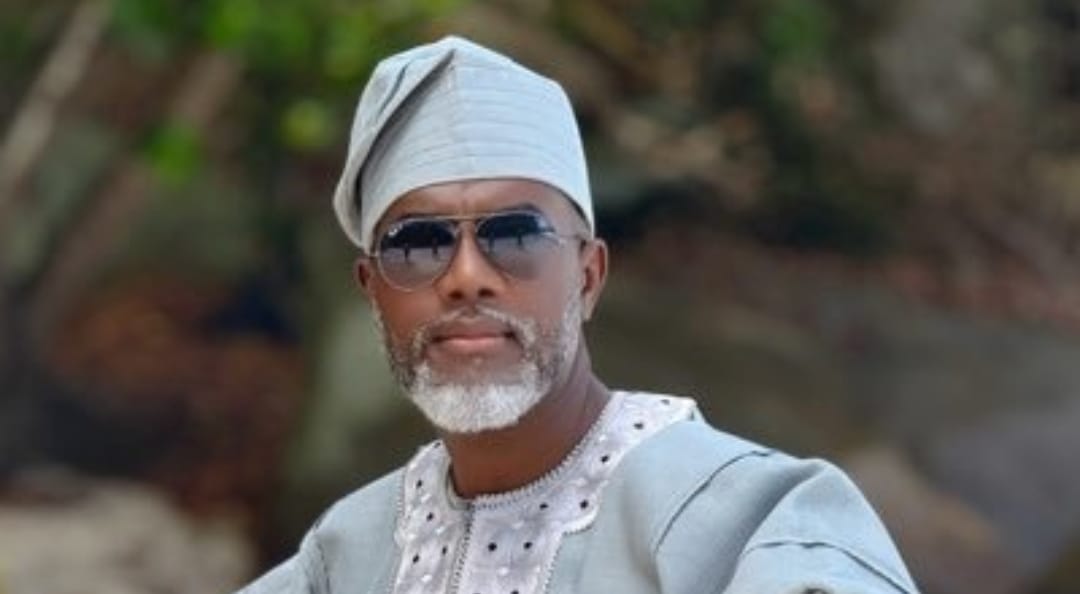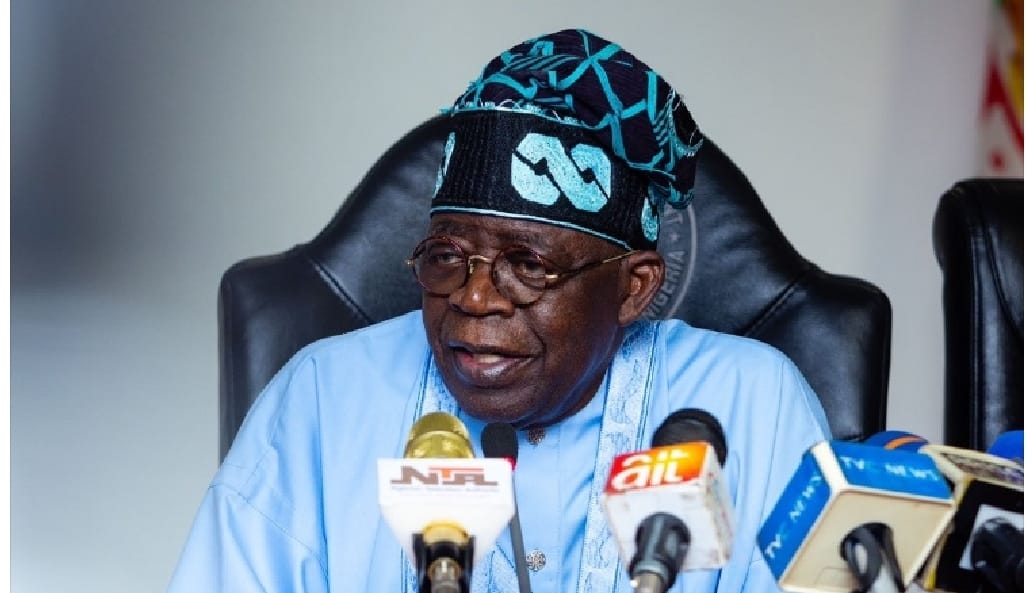UK Minister Kemi Badenoch has ignited widespread conversation after claiming that her children are unable to acquire Nigerian citizenship because she is a woman. The remarks, made during a recent public engagement and circulated widely on social media, have been met with criticism and calls for legal clarity, especially from constitutional experts familiar with Nigerian nationality law.
Badenoch, who serves as the UK Secretary of State for Business and Trade and is of Nigerian descent, suggested that Nigeria’s laws discriminate against women by restricting the ability of female citizens to pass on citizenship to their children.
“As a woman, I cannot pass on Nigerian citizenship to my children,” she reportedly said in a video monitored by Mothercloud News Correspondent.
However, legal experts have firmly rebutted this claim, pointing to Section 25 of the Nigerian Constitution, which explicitly grants citizenship by birth to individuals born to either a Nigerian father or mother.
A former official at Nigeria’s Immigration Service, speaking anonymously, stated:
“There is no ambiguity. Children born to Nigerian women, regardless of the nationality of the father, are eligible for citizenship by birth under current law. This has been the case since the 1999 Constitution.”
The controversy has spurred renewed discussion on how gender is treated in nationality laws — not only in Nigeria but globally. Some analysts believe Badenoch’s comments may stem from a misunderstanding of older statutes or outdated practices that once limited maternal transmission of citizenship, but which have since been reformed.
Nigerian lawyers and civil rights groups have also weighed in, expressing concern over the misinformation and its potential impact on diaspora Nigerians.
“Statements like this from high-profile figures can inadvertently mislead and perpetuate outdated narratives,” said Chioma Ezike, a Lagos-based constitutional lawyer. “Nigeria’s current legal framework does not discriminate between mothers and fathers when it comes to passing on citizenship to their children.”
Others, however, suggest that Badenoch’s comments may reflect personal legal experiences or bureaucratic hurdles some Nigerians still encounter in practice, despite what the law prescribes.
The episode has once again drawn attention to the broader issue of gender inequality in global citizenship laws. While Nigeria appears to have addressed the issue legislatively, activists argue that societal and institutional biases sometimes continue to hinder fair implementation.
For now, Kemi Badenoch has not issued a formal clarification. But her remarks have undoubtedly opened a fresh chapter in discussions around citizenship, gender equity, and the role of accurate legal knowledge in public discourse.








Leave a Reply